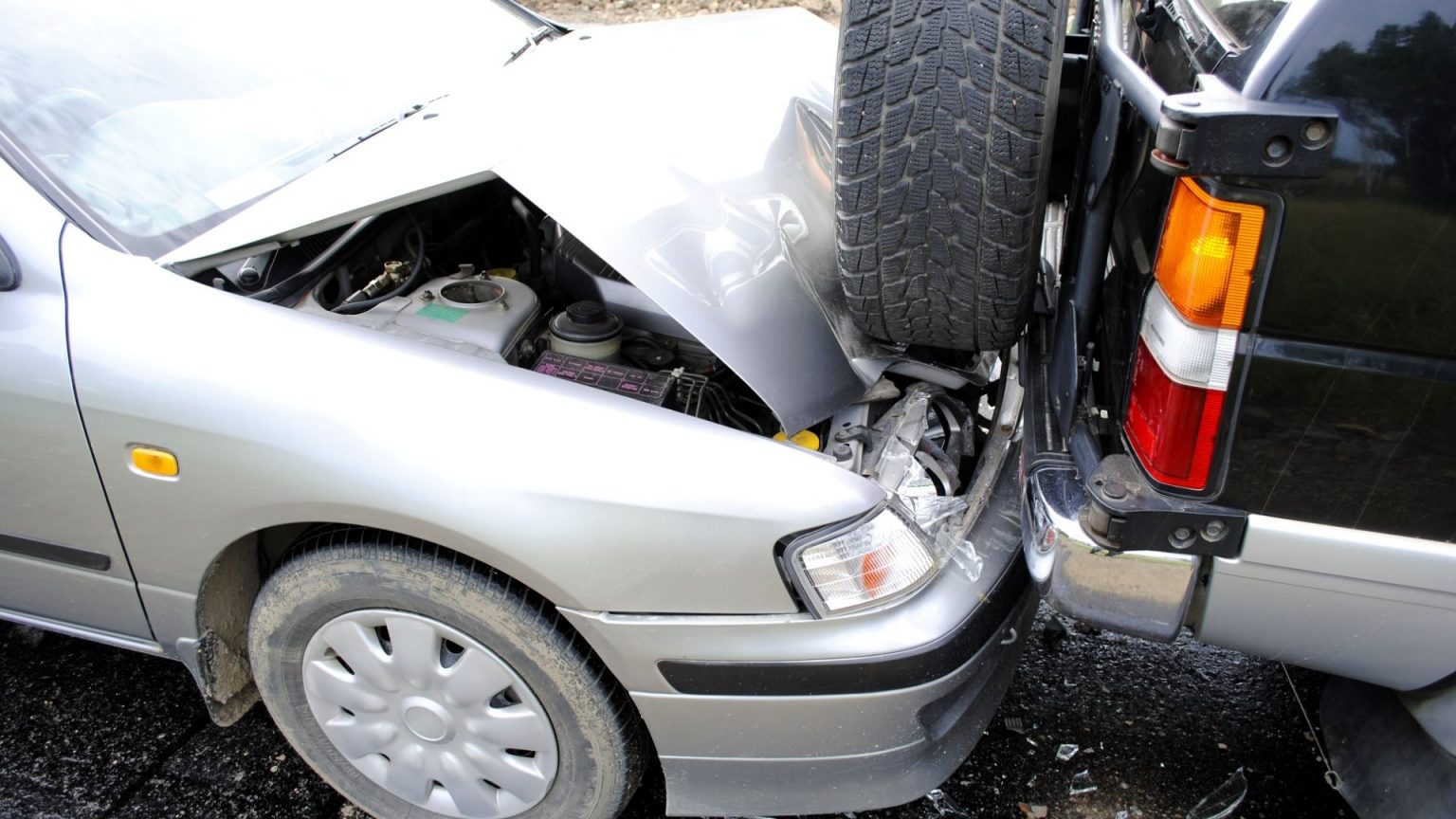A motor vehicle accident can be a very traumatic experience, even if it seems minor. Not only can it leave physical damages, but it can also create long-lasting effects on the emotional wellbeing of those involved.
If you are injured in an accident, you may contact a car accident lawyer today.
Injuries, whether physical or otherwise, create hardship for both the family and the injured person. An important factor of a personal injury case is estimating the victim’s pain and suffering. Financial setbacks such as medical invoices are easier to calculate. However, non-economic injuries such as pain and suffering are harder to determine. Emotional distress is a real problem that gets in the way of having the quality of life the person once had.
What, precisely, is labeled “pain and suffering” in legal terms? Pain and suffering go far beyond physical injuries. The overall change to a person’s life must be examined, including emotional and social stability.
Defining Pain and Suffering in the Legal World
In legal terms, pain and suffering pertain to the injuries the victim experienced due to the negligence of the defendant. It is the physical, psychological, and emotional distress caused by an injury. It results in loss of quality of life or function. It goes beyond that into future missed opportunities or abilities.
Injuries can produce more than physical changes, there are mental conditions that occur along the journey to heal. Health conditions that get in the way of normal living are classified under the term “pain and suffering.” Examples of these conditions are changes in sleep patterns, PTSD (post-traumatic stress disorder), worry, depression, grief, a shortened life span, and feelings of embarrassment, amongst others.
Pain and Suffering Classified into Two Types
Pain and suffering can be categorized into physical or mental conditions.
- Physical pain and suffering is experienced during the event, immediately after, and possibly far into the future.
It includes the actual physical effects of injuries experienced after the event and far into the future. Some people never fully recover from their injuries. Others face limited opportunities because of their new condition, and even discrimination. This applies not only to the person’s personal life but professional life, as well. If a person loses opportunities to perform the work they once did, they may have to face a whole new life ahead of them.
A good example is that of a surgeon. He or she will not be able to perform their work as they once did if they suffer PTSD (post-traumatic stress disorder) after a crash. This emotional state prevents them from performing their work, similar to being unable to perform because of broken hands. Both circumstances result in long-lasting effects that take away the opportunities they once had.
- Mental pain and suffering includes negative emotions and changes to mental patterns. There are various symptoms depending on the unique scenario and person. The person can experience recurring nightmares, anxiety, lack of enjoyment in things they once enjoyed, fearful thoughts, destructive behavior, and even suicide attempts. The new mental state can develop immediately after the accident or out of nowhere far into the future.
Proving Damages
The alleged damages have to be proven by the party who files the lawsuit. The proof has to show how those damages have been life-altering. The extent of the injuries, along with the physical and emotional pain that accompanies the condition, should be presented. Proper documentation such as photographs and journals are excellent examples of evidence. Testimonies can be collected from friends, family, and witnesses. Also, physicians must report all the long- and short-term effects of the injuries.
In the process of recovery, the injured person and family are best focused on healing, not the legal and financial battles. Allowing experienced legal professionals to work on your case will bring much relief after a traumatic event.
Determining the Compensation for Your Damages
An injury attorney can gather enough evidence on your behalf to prove your total damages. Legal professionals do what is necessary to present a case in your favor. Both lawyers and insurance companies apply formulas that determine the amount of money one will receive to cover damages of a non-economic nature. Injury lawyers negotiate with insurance companies to benefit their clients. A person must never negotiate alone because it could mean getting an amount much lower than what you truly deserve to receive.
It is fair to say that a victim should be compensated for injuries suffered from the negligence of others.
When victim to someone’s negligence, it is only fair to receive compensation. An experienced accident attorney understands precisely what constitutes pain and suffering in an injury suit. A Las Vegas car accident attorney is ready to help you return to a normal life; you don’t have to suffer through emotional distress alone. A significant compensation amount for all damages is appropriate for these types of cases.

